And that's a wRAP!
by Jess O'Donnell, Teacher of Visual Art | Cultural Program Coordinator
As the first year of our Reconciliation Action Plan (RAP) came to a close, we had time to reflect on how far Penrhos had come in recent years, and how far we have to go.
We would like to thank the nearly 50 community members who participated in the three-year process of putting this important document together and for sharing your experiences, learnings, questions and opinions as we move forward together.
As a school on Whadjuk Country, the Reflect RAP encourages active and ongoing reflection on how the College engages with Aboriginal and Torres Strait Islander perspectives, histories and cultures in all that we do. We recognise that where we learn holds great connections to what and how we learn. This includes not only what is taught in the classroom, but also ways of knowing, being and doing beyond the classroom – in all interactions and experiences, and with all people in our community.
The Penrhos College RAP identifies 35 actions that we have committed to, with 14 of these required for endorsement by Reconciliation Australia. The RAP sits within the ‘Blaze’ pillar of the new strategic plan for the College and as such is reflected in our core business and direction.
In 2023, our focus was to identify areas of strength and areas requiring revision, both inside and outside the classroom.
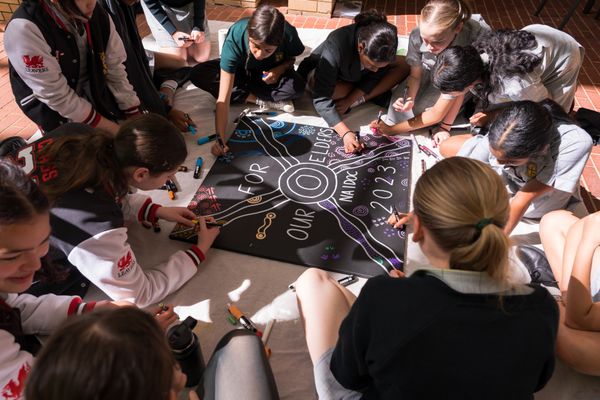
Conversations around the RAP at all levels of the College provide opportunities to highlight the larger discussions behind each action, and to reflect on our place within complex national and local dialogues. Teams, departments and leaders across the College have all been involved in this reflective process and have begun to identify and plan for changes in coming years.
This process raises many questions and highlights the necessary challenges associated with unlearning and relearning, particularly when it comes to reflecting on assumptions, truth-telling and respecting cultural differences and strengths. We are proud to see so many in the community have been open and willing to tackle these challenges head on and to engage this process on a deeply personal level.
Working in the education space, we believe in lifelong learning, critical thinking and the necessity to reflect regularly on the purpose behind our knowledge and values.
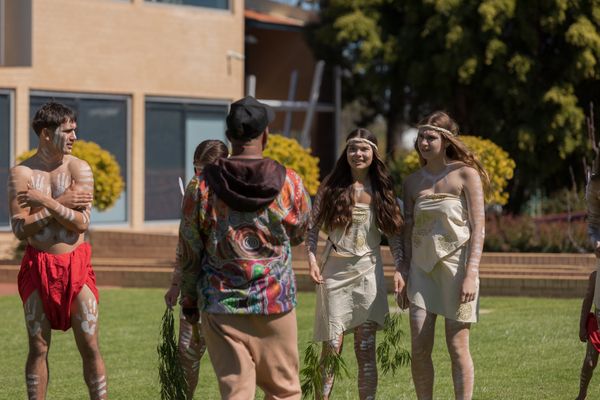
Many teaching staff have increasingly sought out appropriate guest speakers to ensure that it is the ‘right voices’ speaking about culturally specific content, and that perspectives are shared respectfully. Staff across the whole College engage in multiple professional development sessions that relate to RAP actions and have begun to build a foundational knowledge through listening to peers, Elders and young community leaders.
Collectively, we are working towards developing wider understanding associated with this foundation and acknowledge that many in our community are at different stages in this journey and bring their own experiences and perspectives to the table.
2023 has seen our inaugural Reconciliation Captains, Jilaya Collard (First Nations) and Alice Vyse (Ally), take on their responsibilities with dedication and passion. The captains have led their peers in complex conversations and have enjoyed sharing their knowledge and curiosity with younger students.
The growth of the Year 5-12 Student Reconciliation Committee shows that this is an area our students are passionate about – and are willing to hold us accountable to – as our actions now shape their future.
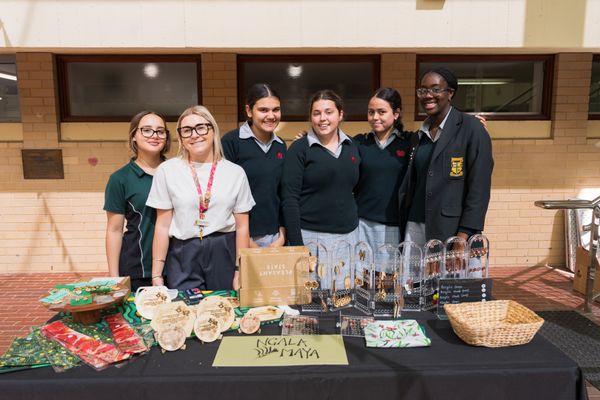
This year, our goals turn to implementing these actions more broadly, deeply and consistently, as we continue to reflect on the processes and learning required. Most of all, we recognise that time and relationships are repeated as critical factors for success in this space.
We are committed to engaging our wider community in this journey and invite anyone – staff, students, alumni, families or broader school contacts – who may be interested in participating in the Penrhos RAP Working Group to contact Jess O’Donnell, Cultural Program Co-Ordinator at odonnj@penrhos.wa.edu.au.
Reflections from Grace Curtis, Teacher of Junior School
Over the course of the year 2023, the students and staff in the Junior School have made a positive start towards enacting actions outlined within the College RAP. During Junior School staff meetings, staff are encouraged to set their own goals towards including the cultures and histories of Aboriginal and Torres Strait Islander Peoples into their class curriculum throughout the year.
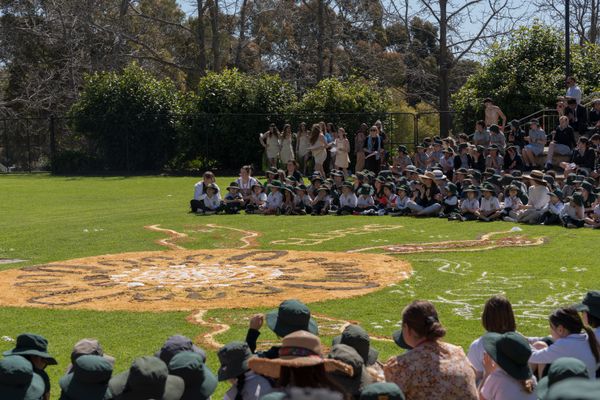
Staff were invited to join our first Junior School Reconciliation Group, who met once a term to share their thinking, resources and ask questions, as acknowledging what we don’t know is important in our process of learning, unlearning and relearning.
We also held a poignant, reflective Sorry Day Assembly and it was the powerful, personal reflection read by Year 8 student, Janeequa Jones, that motivated our Year 5 and Year 6 students to become part of the Student Reconciliation Committee.
“My time in the Reconciliation Committee has really opened my mind to all that’s been going on with reconciliation, and I’m honoured to be a part of it. Thank you, Ms Curtis and Mrs O’Donnell, for making this group possible. I can’t wait to see what we do next.”
Reflections from Kalea Haran, Principal of Penrhos College
As a Principal, I believe having a Reconciliation Action Plan (RAP) is essential for fostering a school environment that reflects the principles of reconciliation and inclusivity.
A RAP provides a structured framework for acknowledging and addressing the historical and ongoing impacts of colonisation on Aboriginal and Torres Strait Islander peoples and a commitment to working towards a more equal and respectful future. It outlines specific actions and initiatives that the school commits to – promoting cultural awareness, respect, and understanding.
As the leader of Penrhos it’s important to me that I actively demonstrate a commitment to reconciliation, equity, and creating an educational setting that values and incorporates Indigenous perspectives. It also helps in building positive relationships with the local Aboriginal and Torres Strait Islander communities, fostering a sense of belonging for Indigenous students, staff, and families.
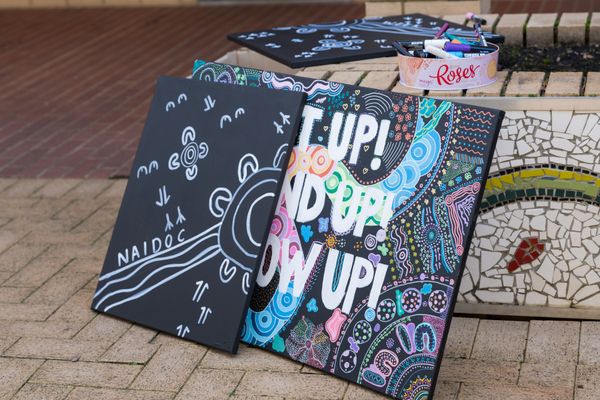
While there has been notable progress, success is viewed as an ongoing journey. This includes both forward movement and reflective adaptation to the evolving needs of the school community.
In essence, a RAP serves as a guiding document that aligns my leadership with broader societal efforts towards reconciliation and ‘closing the gap’ between Indigenous and non-Indigenous Australians.
Reflections from our staff
“The Acknowledgement of Country workshop was a real highlight! I have gained a greater understanding into how to integrate Indigenous content relevant to my year group and feel more confident in doing so.”
“I LOVED the session where we wrote our own Acknowledgment of Country – I really valued my learning from that session.”
“I’ve developed a deeper understanding of how to teach and discuss reconciliation with students.”
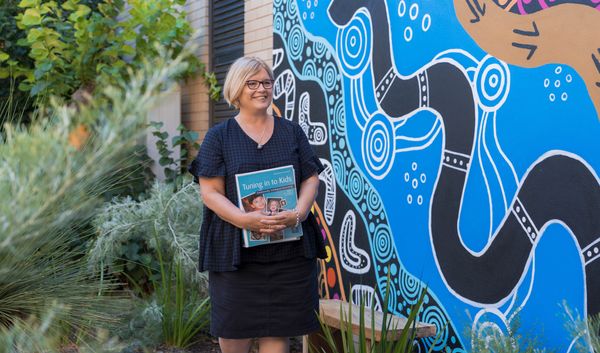
Reflections from Wayne Revitt, Head of Junior School
From a Junior School perspective, reconciliation and cultural understanding are vital to meeting the key principles of the Early Years Learning Framework, the Mparntwe Declaration and the Learner Profile of the International Baccalaureate.
In the Junior School we have a RAP Working Group for staff who have begun to embed the Penrhos RAP actions in our everyday practice. In 2023, we held our first Sorry Day Assembly. We honoured student agency by forming our first student RAP Group for Year 5 and Year 6 students.
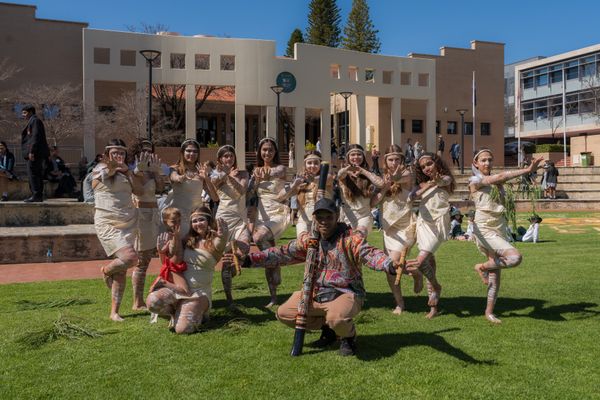
This group met regularly and made connections with the Secondary Ngala Maya students. Importantly, some of these Junior School students made connections with their own cultural heritage, which sparked significant interest and cultural awareness.
The NAIDOC Assembly is now a whole school event and our Junior School RAP Group helped facilitate this event. Our ELC students have directly contributed to our Acknowledgement of Country – again honouring their agency and ideas.